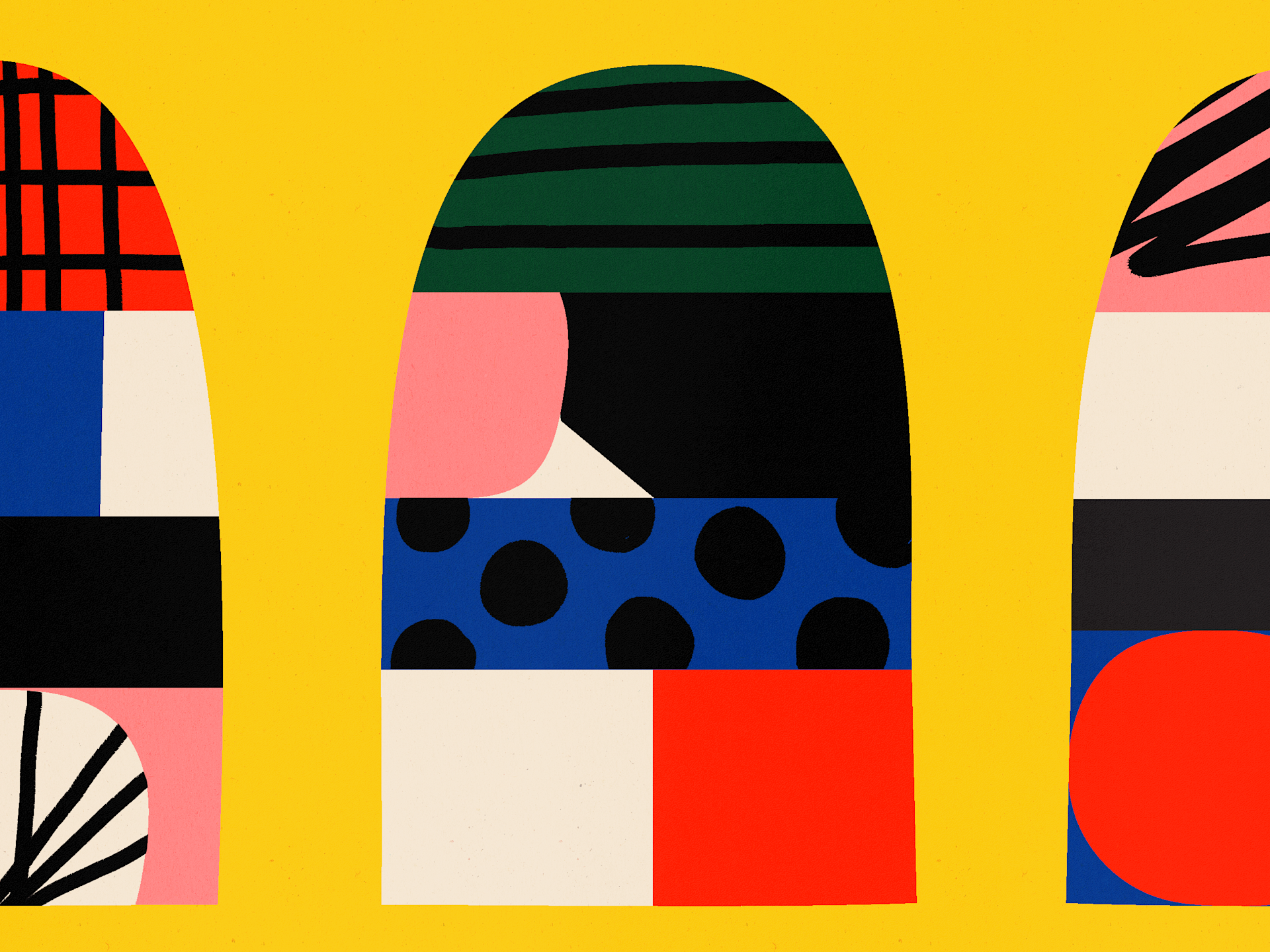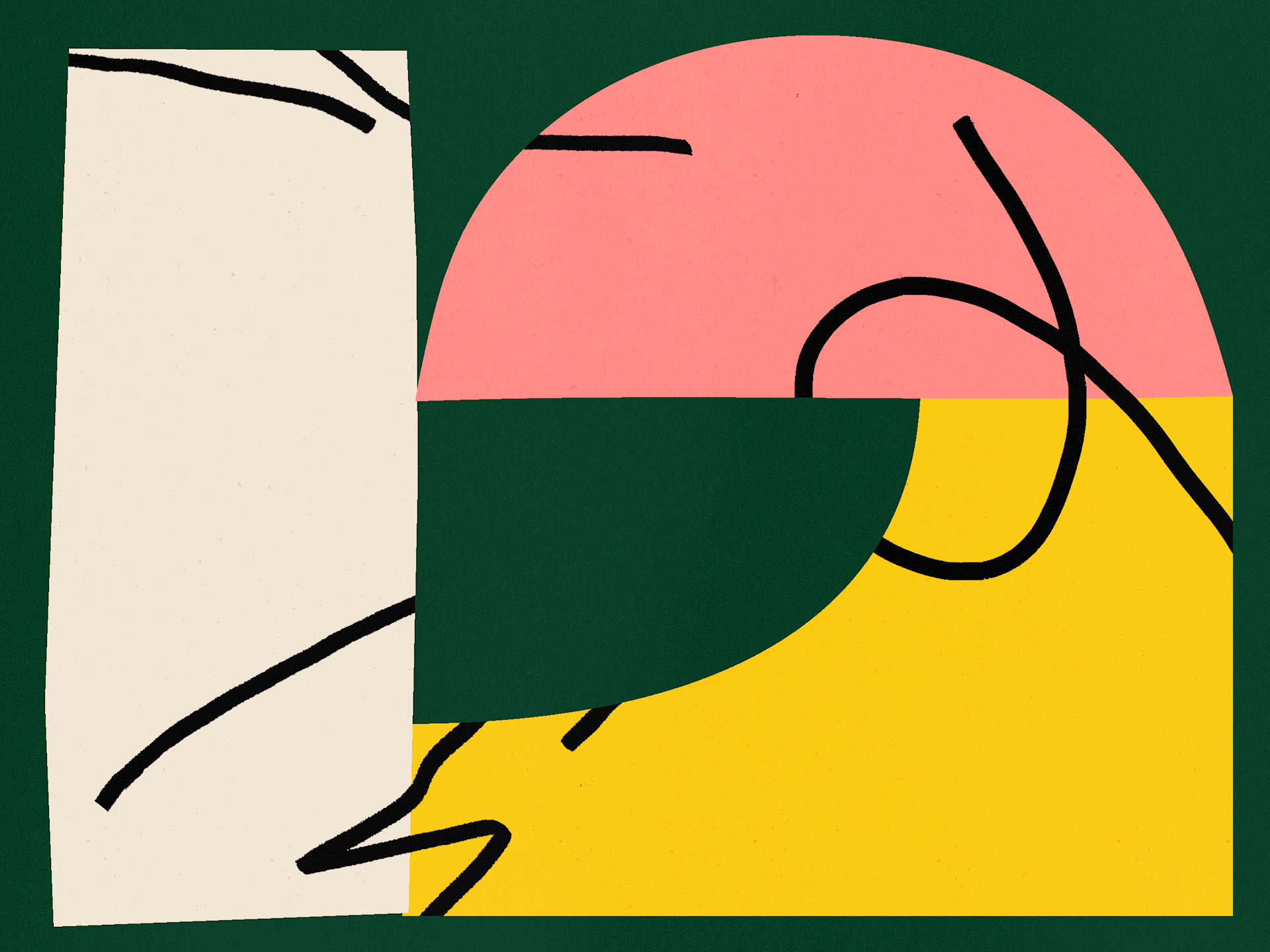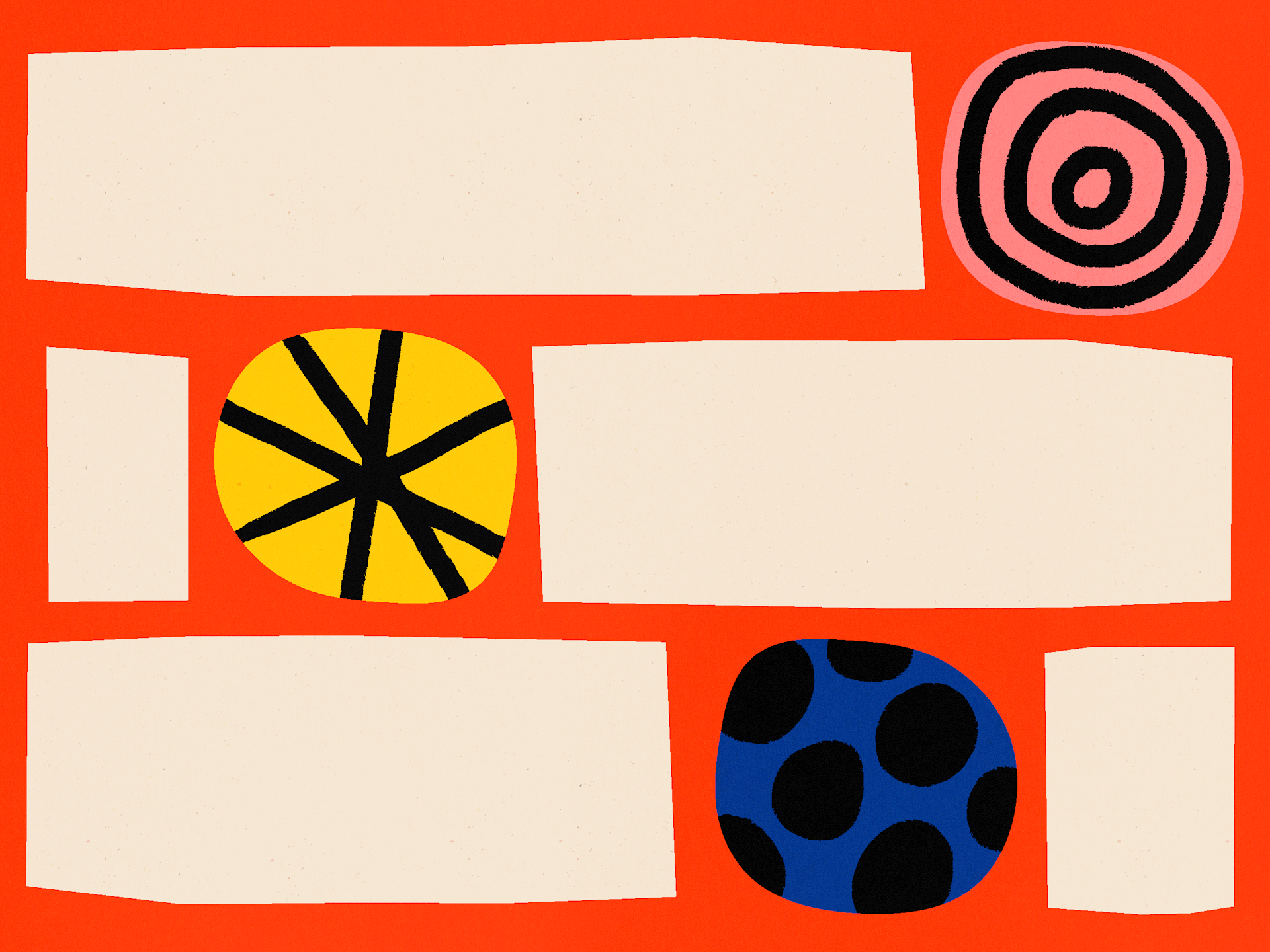Data for departures
The health passport: sharing data can create a borderless future.
8 min read

The COVID-19 pandemic has accelerated the digitisation of how we communicate, work and travel.
One such domain is how information is shared across our borders – which, if done correctly, can unlock a future of borderless information sharing that can re-imagine the way we travel, shop and interact.
A recent study stated that approximately 89 per cent of immunologists believe the COVID-19 virus is here to stay, joining the common cold and flu ranks. This presents challenges to countries, which now must figure out how to maintain open borders while reducing the risk of the virus spreading to their population.
Border control as a method to reduce virus spread is not a new concept. Helping to combat the spread of other diseases such as swine-flu and MERS, Asian countries have deployed technology and procedures as an effective tool to reduce the spread of viruses, which have now been adopted globally.
These procedures, while effective, are also cumbersome and entail long quarantine periods – reducing the ability for business or tourist-driven activities. By understanding a traveller’s testing and vaccination history, countries can reliably and effectively reduce the need for travellers to quarantine while keeping their populations safe. Recent studies have shown that by testing pre-and post-travel, models predict that quarantine periods can be reduced from 14 days to as little as six days. Furthermore, recent CDC guidelines have shown that if a person has been vaccinated and tested negative then quarantines can be removed completely.
To unlock these benefits, we need to understand a person’s testing and vaccination history: enter the health passport.
Key Takeaways
- COVID-19 has accelerated the need to understand a person’s health history in a seamless, quick, and secure way.

Embracing a digitally distributed future
The idea is simple: leverage a piece of software to track a person’s vaccination and testing history in a secure and verifiable way, enabling countries, venues and even workplaces to better prevent the spread of COVID-19.
Leveraging technology to track health information is not new, nor is using digital information at borders. Indeed, biometric ID scanning for passport verification is already commonplace – and in the US, companies like Epic are already helping provide consolidated health records. As James Drury of Star Alliance said: “You don’t carry six purses; you shouldn’t have to carry six digital wallets.” A flurry of solutions are being created in the sector from players like IBM, organisations like IATA, conglomerate groups like CommonPass and smaller startups. To drive adoption, we need to standardise these solutions and ensure it’s done in a manner that respects privacy and security.
These systems often rely on a centralised mechanism to store and transmit information leading to increased security risks. For example, in 2019, there was a leak of 184,000 photos of faces and license plates from a centralised US government system. That was not a unique incident either, global hotel chains and credit reference agencies are also guilty of having data breaches in the past year. When a third party is managing your data, you become unaware of how that data is being used, leading to a risk of your information being sold to a third party without your knowledge. When you consider the premium for health data (selling upwards of $400 a record on the black market), it becomes imperative that any health passport addresses the issues of security and privacy. As investigative journalist Brian Kerbs astutely put it, “I’ve come to the conclusion that if you give a data point to a company, they will eventually sell it, leak it, lose it or get hacked and relieved of it. There really do not seem to be any exceptions, and it gets depressing.”

Luckily, technology has a solution to these challenges.
The likes of blockchain and distributed networking can create a health passport system that means a person never has to give data to a company directly. Personal data can live with the individual and be securely shared with those who need it. One such company following this approach is Aokpass, which leverages blockchain to create a secured and signed local health record. Healthcare establishments can cryptographically sign a person’s record, to say they received testing or vaccination. That data is stored on a user’s phone where a third party can then verify the information later cryptographically.
By adopting these technologies, we can create a digital health passport that respects and enables a person to have full control of their data and gives third parties, such as border control, a safe and effective means of accessing and verifying this information.
Key Takeaways
- The rush to create data sharing platforms should not outweigh the need to develop these platforms in secure ways, which respect a person’s privacy.
- Technology solutions like blockchain and distributed networking can fundamentally change how we share information.

Beyond health – a borderless future
By normalising the capture and transference of data we begin to normalise the behaviour of digital record exchange. This sets up a future well beyond passport control where people can share information with each other quickly and securely, in turn enhancing their lives.
Thinking beyond borders – we can start to secure our workplaces, venues, and public spaces – in ways that enable people to mingle safely, knowing there is a clear process to trace and reduce risk. CLEAR is one such company who is leading the field with its CLEAR Health Pass solution. Technologies like this enable people to get out of their homes and embrace their social nature safely and responsibly.
But going beyond simple verification of vaccination, imagine if you were able to transmit health data to care providers instantly and securely. No longer do you need DNR tattoos or other means to track information. By coupling distributed network and blockchain with embeddable technology, you can create a health record that is implanted inside you. With a quick scan, a medical professional can quickly get your complete medical history – enabling them to provide custom care more rapidly and successfully.
This concept does not need to stay in the domain of healthcare either; if you could securely transmit personal preferences without privacy concerns it would start to impact areas like airline travel. For example, you arrive at an airport able to securely identify yourself, collect your ticket and clear customs. Then once you’ve taken your seat on the plane, the inflight entertainment system immediately knows your preferences and makes content recommendations or lets you resume the last movie you’ve not finished watching on Netflix. This idea might seem far off, but some airlines are already considering the best way to deliver personalised experiences, from departure to arrival, creating a springboard for such technology to emerge.
The reality is, by embracing the idea of personal data exchange and health passports, we can create a future that enhances lives in every domain. Health data can be more readily shared, providing a complete picture of a person’s health record, enabling venues to deliver safe, enriched and more personalised experiences and allowing people to have more meaningful interactions with each other.
2020 will be the catalyst for a more connected future – that respects, rather than rejects, a person’s privacy.
Key takeaways
- Health passports can change how we think about sporting events, venues, and international travel.
- Thinking beyond health data – we can create a future where we exchange our personal information freely, driving high-touch, personalised engagements that respect rather than reject privacy.
Illustrations by Cory Uehara.
All opinions expressed throughout this article are the author’s own and do not necessarily represent those of AKQA or its affiliates.